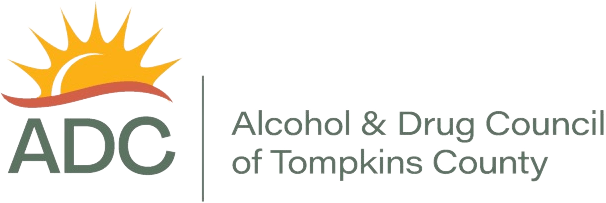The leaves are changing and the weather is cooling down. With this change in weather also comes a change in mental health and wellness. From a case of the “winter blues” to a diagnosed disorder, it is common this time of year for people to report a change in mental health status. Seasonal Affective Disorder (SAD) is a type of depression, which occurs during a specific time each year. Many people experience this depression during the winter months. Sometimes SAD can be triggered during a time of the year when a loss or hardship was experienced. The depression that occurs with SAD has similar symptoms to normal depression. Some of these symptoms are: decreased energy, fatigue, trouble concentrating, desire to be alone, increased sleep, and increased appetite. Some ways to try to prevent SAD include trying to spend more time outside, eat well, exercise, and staying social.
People with SAD and other types of depression are more likely to engage in substance abuse. Over 21% of adults experiencing a depressive episode in the past year were engaged with substance abuse, compared to the 8% who haven’t experienced a depressive episode and engaged in substance abuse. Often, people will turn to drugs to help cope with their depression. Little do they realize this creates a vicious cycle. When these people feel depressed and turn to drug use, the drug use can increase depression, which may increase drug use, and continue on in this cycle. Stopping this cycle alone can be difficult. The Alcohol and Drug Council offers a Dual Diagnosis Program, which is designed for individuals who experience depression, anxiety, or other mental health disorders, in addition to drug addiction. This program helps manage the symptoms of the mental health disorder and the addiction.
If you experience signs of depression this winter season, or anytime, please see a doctor to receive treatment. Self medicating through drugs or alcohol, may make your depression worse. If you are worried about your or someone else’s substance use, please call the Council at 607-274-6288.
